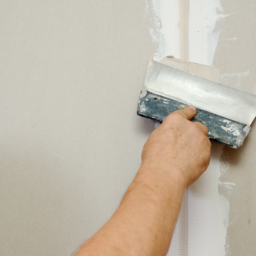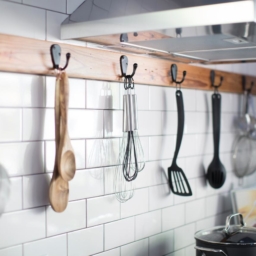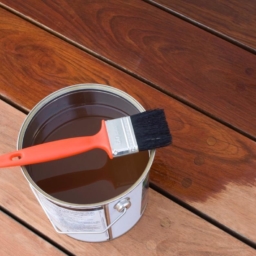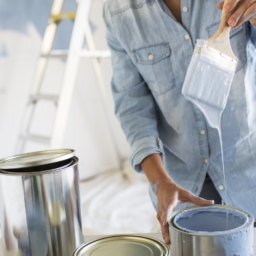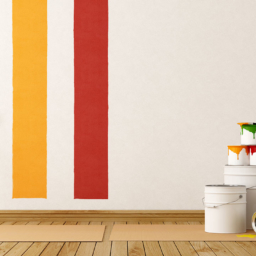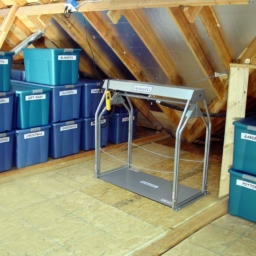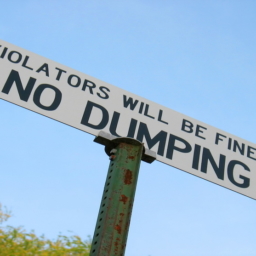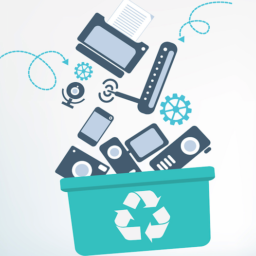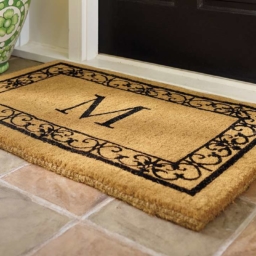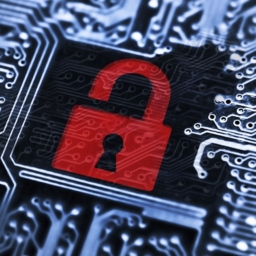Getting Rid of Household Hazardous Waste
Almost every household has some kind of household hazardous waste, you may not even realize it, but you more than likely have at least one or two hazardous waste items laying around. Common hazardous waste found in most households include pesticides, fertilizers, household cleaning products, motor oil and more. These types of chemicals are prohibited from being disposed of in the municipal waste system, as well as roll off dumpsters. It’s very important to dispose of any household hazardous waste to keep our environment safe as well as our own health.
The EPA states it’s not only important to avoid throwing hazardous household waste in with regular household trash, but it is equally as important to avoid dumping these chemicals into sewer systems, storm drains, and illegal dump sites as these chemicals can easily contaminate our drinking water and negatively affect fish and other wild life.
Common Hazardous Household Waste Items
- Paint cans (including empty ones with residual residue)
- Kitchen / bathroom cleaners
- Batteries (small alkaline batteries may be thrown in the trash but only in small quantities)
- Motor Oil
- Bleach
- Any type of automotive fluid
- Varnish / stain
- Lawn fertilizers
- Bug and pest spray / killers
- Pool chemicals
- Medication
Is it Really a Problem?
You might think that throwing out a few quarts of used motor oil or some half empty paint cans into the garbage won’t impact the environment directly, but you’re wrong. Over 192 million gallons of used motor oil is improperly disposed of each year in the U.S alone. The Office of Waste Management at the University of Missouri states just one gallon of used motor oil can contaminate one million gallons of water. So while you may think dumping your leftover oil and paint aren’t going to have a huge impact on the environment, you are in fact contributing to one of the biggest issues our ecosystem faces.
How You Can Properly Dispose of Household Hazardous Waste
If you’ve got stuff that classifies as hazardous and you can’t throw it in your garbage or in a dumpster, then where do you dispose of it? Most communities offer household hazardous waste collection days, you can contact your local waste authority to find out the details on what days they collect toxic waste, and more.
If you’re having difficulty contacting your local waste authority, don’t worry, there are other options available for certain items. Motor oil, for example, can be recycled at most local instant oil change centers. Lead-acid batteries (car batteries) can be dropped off at the place of purchase, or most auto-parts stores, where they will then dispose of it properly.
Other disposal options may also be available in your community through your local trash hauler. Remember if you have a bulk amount of household hazardous waste that you need to dispose of, you can contact us at Dumpster Rental Inc to find out your options for your area.
Remember it;s our responsibility to properly use, store, and dispose of hazardous waste. In order to keep our environment safe, as well as ourselves we need to take the extra steps to properly dispose of any chemicals that could harm us any further. If you’re still unsure on how to go about getting rid of your waste, call us at Dumpster Rental Inc!

